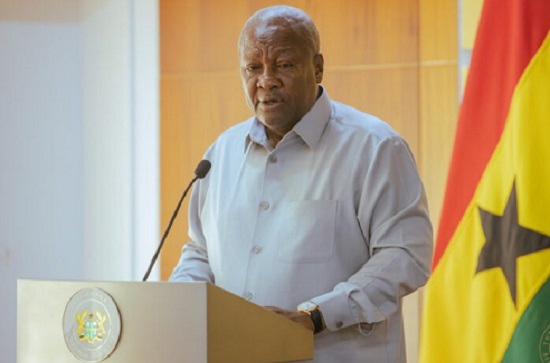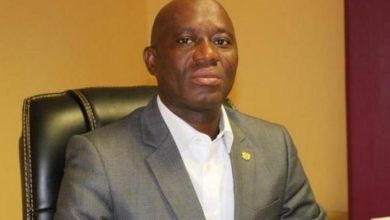“Why Do We Sit in Accra and Recruit Teachers? Vacancies Must Be Declared at the District Level” – Mahama Admits

“Why Do We Sit in Accra and Recruit Teachers? Vacancies Must Be Declared at the District Level” – Mahama Admits
President John Mahama, has strongly advocated for a decentralized approach to teacher recruitment, stressing that decisions on teacher vacancies and employment must be made at the district level, not from Accra.
He spoke at the presidency when the National Education Consultative Committee, which is in charge of the larger National Education Forum, presented the final report of the National Economic Dialogue.
The 8-member committee, chaired by Prof. George K.T. Oduro, former Pro Vice Chancellor of the University of Cape Coast, was tasked by President Mahama to consult stakeholders across the education sector and propose transformative reforms to reshape Ghana’s educational system.
Addressing the gathering, the President questioned the long-standing centralised approach to teacher postings, arguing that mass recruitment from a central office fails to reflect the actual needs of schools across various districts.
“So if you want to teach and you want to be recruited, Bole needs 200 teachers. You apply for the district you want and you are employed in the district. Why do we sit and do mass posting of teachers from the center? I think that we must look at all those things so that we are better able to strengthen education at the district level,” he said.
He reiterated that recruitment should be driven by local data and local needs, not a one-size-fits-all system determined from the capital.
“I believe that vacancies must be declared at the district level and recruitment must be done at the district level.” the President added.
President Mahama’s remarks reflect a broader push under his administration to decentralise educational governance, improve responsiveness at the grassroots, and ensure that local education offices are empowered to address the unique challenges in their communities.
The recommendations from the Committee’s report are expected to guide reforms aimed at building a more efficient, equitable, and responsive education system across the country.




